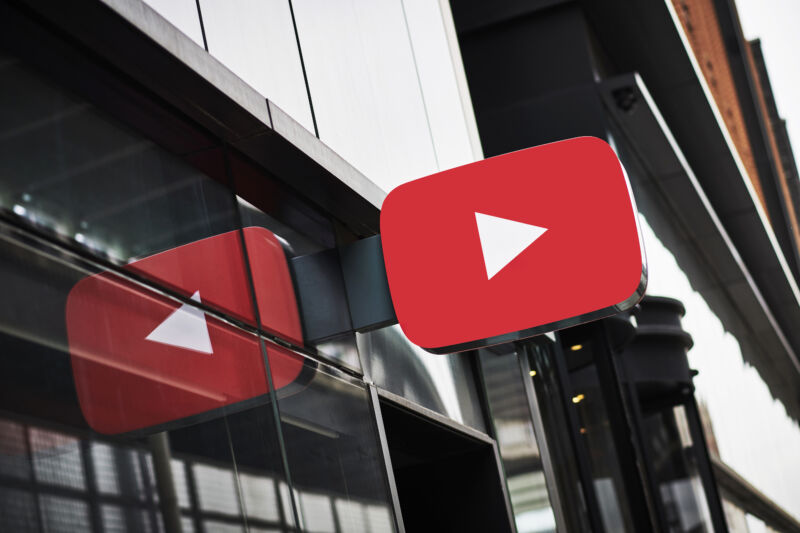

reader comments
81 with 60 posters participating
A new lawsuit filed in a United Kingdom court alleges that YouTube knowingly violated children’s privacy laws in that country and seeks damages in excess of £2.5 billion (about $3.2 billion).
A tech researcher named Duncan McCann filed the lawsuit in the UK’s High Court and is serving as representative claimant in the case—a similar, though not identical, process to a US class-action suit. Foxglove, a UK tech advocacy group, is backing the claim, it said today.
“YouTube, and its parent company Google, are ignoring laws designed to protect children,” Foxglove wrote in a press release. “They know full well that millions of children watch YouTube. They’re making money from unlawfully harvesting data about these young children as they watch YouTube videos—and then running highly targeted adverts, designed to influence vulnerable young minds.”
A spokesperson for Google told Bloomberg News that YouTube is not intended for users under the age of 13. “We launched the YouTube Kids app as a dedicated destination for kids and are always working to better protect kids and families on YouTube,” the company told Bloomberg.
Spotty track record
That argument, however, has not saved YouTube from landing in hot water over underage users on this side of the Atlantic.
Last year, Google and the Federal Trade Commission reached a $170 million settlement over allegations that it violated the Children’s Online Privacy Protection Act, or COPPA.
COPPA, one of the few federal laws dealing with digital privacy in the US, imposes certain restrictions on the collection and use of personal data associated with children ages 12 and under. Under the law, websites, apps, and digital platforms that collect data from children under 13 are required to post a privacy policy and have parents consent to it, to give parents the option to opt out of having their children’s information shared with third parties, to let parents review their children’s data, and to follow sound data storage and retention policies.
You don’t have to be logged in or registered in order to view most videos on YouTube, so there’s no age-gating. Anyone can view videos, including kids. YouTube boasted to toy companies Mattel and Hasbro that “YouTube was unanimously voted as the favorite website for kids 2-12” and “93% of tweens visit YouTube to watch videos,” according to the FTC’s complaint.
While Google’s left hand boasted to toymakers about how many kids viewed its content, the company’s right hand said the opposite. According to an email obtained by the FTC, one Google employee wrote, “we don’t have users that are below 13 on YouTube and platform/site is general audience, so there is no channel/content that is child-directed and no COPPA compliance is needed.”
Same problem, different law
The UK lawsuit points to those same claims YouTube made to Mattel and Hasbro and pairs them with a UK government report from February that found about 75 percent of UK kids ages five to 15 watch YouTube, along with roughly half of UK preschoolers aged three and four.
UK law, like COPPA, protects the personal information of children under 13. That, Foxglove argues, makes YouTube’s actions against the law:
We think its unlawful because YouTube processes the data of every child who uses the service—including kids under 13. They profit from this data, as they are paid by advertisers to place targeted advertising on their YouTube website. They do all this without getting explicit consent from the children’s parents. Under the GDPR and UK law, corporations can’t process the data of kids under 13 *at all* without explicit parental consent. Parents haven’t agreed to the many ways YouTube takes kids’ data.
The suit was filed on behalf of more than 5 million children residing in England and Wales and seeks compensation of between £100 and £500 for every child who watched a video on YouTube since May 25, 2018—the day the EU’s General Data Protection Regulation took effect.
“Google’s drive to profit from kids’ attention has turned corners of YouTube into a weird technicolored nightmare,” Foxglove Director Cori Crider said. “The real price of YouTube’s ‘free’ services is kids addicted, influenced, and exploited by Google. It’s already unlawful to data-mine children under 13. But Google won’t clean up its act until forced by the courts.”


